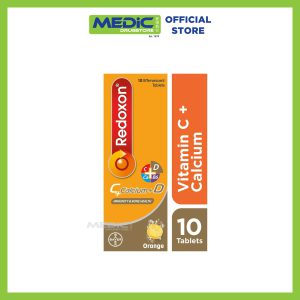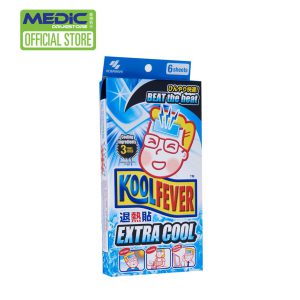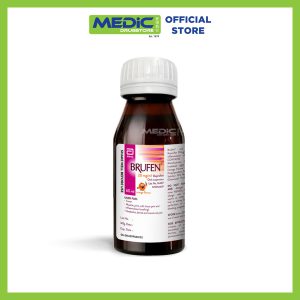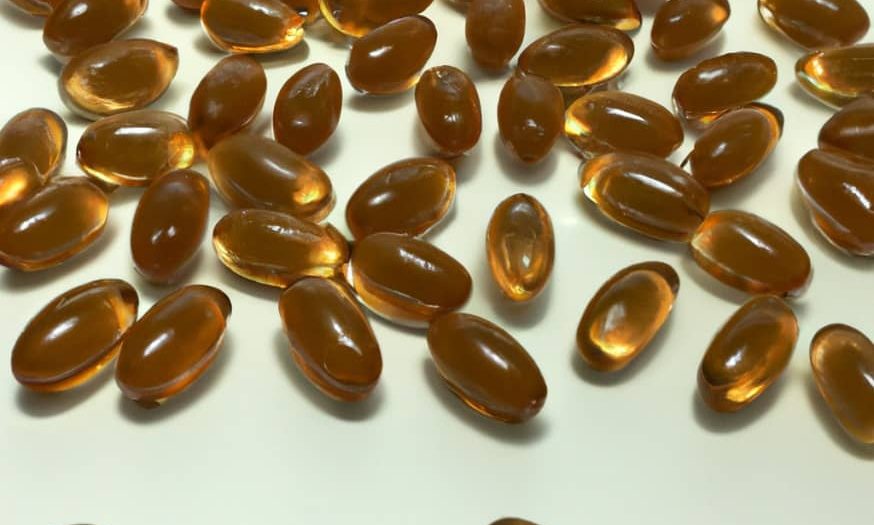Why Do Multivitamins Make My Urine Yellow Singapore
Multivitamins are supplements that contain a variety of essential vitamins and minerals, which are necessary for our bodies to function properly. Some people take multivitamins to ensure they receive adequate amounts of these nutrients, particularly if their diet is lacking in certain areas.
One common observation that many people have reported after taking multivitamins is a change in the color of their urine, specifically to a bright or neon yellow. This phenomenon can be attributed to several factors, primarily the presence of specific B vitamins, as well as the body's process of eliminating excess water-soluble vitamins.
Riboflavin (Vitamin B2) content
The most common reason for yellow urine after taking a multivitamin is the presence of riboflavin, also known as vitamin B2. Riboflavin is a water-soluble vitamin that plays a crucial role in energy production, cellular function, and the metabolism of fats, proteins, and carbohydrates.
When you consume more riboflavin than your body needs, the excess is excreted through the urine, giving it a bright yellow color. This is because riboflavin is a fluorescent yellow-orange compound, and when it is broken down and eliminated from the body, it retains its vibrant hue. This change in urine color is harmless and indicates that your body is effectively processing and eliminating excess riboflavin.
Other B vitamins
While riboflavin is the primary cause of yellow urine, other B vitamins present in multivitamins can also contribute to this change in color. B vitamins like niacin (vitamin B3), pyridoxine (vitamin B6), and cobalamin (vitamin B12) are all water-soluble and can be excreted in the urine when consumed in excess.
Although these vitamins do not have the same vibrant yellow color as riboflavin, they can still alter the appearance of your urine.
Water-soluble vitamins and excess intake
Multivitamins typically contain a mix of both water-soluble and fat-soluble vitamins. Water-soluble vitamins, such as the B vitamins and vitamin C, are not stored in the body for long periods and need to be replenished regularly.
When you consume more water-soluble vitamins than your body requires, the excess is eliminated through urine, sweat, and feces.
As a result, if you're taking a multivitamin with high levels of water-soluble vitamins, you might notice a change in the color of your urine. This is a normal bodily response to eliminate excess vitamins and maintain proper nutrient balance.
Hydration status
Hydration also plays a role in the color of your urine. If you are well-hydrated, your urine will be a lighter color, which may make the yellow hue from excess vitamins less noticeable.
Conversely, if you are dehydrated, your urine will be more concentrated and the yellow color will be more pronounced. To ensure proper hydration, it's important to drink enough water throughout the day.
Food colorings in supplements
Some multivitamins contain artificial or natural food colorings to make them more visually appealing. These colorings, when consumed in large enough quantities, could potentially change the color of your urine. However, this effect would likely be minimal compared to the impact of riboflavin and other water-soluble vitamins.
Interaction with medications or other supplements
Certain medications or supplements, when taken in combination with multivitamins, might lead to changes in urine color. The interaction between different compounds may produce a new color or intensify the existing yellow hue.
While this is a hypothetical scenario, it is essential to consult with a healthcare professional if you are taking multiple medications or supplements to ensure that there are no negative interactions.
Individual differences in metabolism and absorption
Individual differences in metabolism, genetics, and gut health can influence how efficiently your body absorbs and processes vitamins and minerals.
These differences might impact the color of your urine after taking multivitamins, causing some people to experience a more noticeable change in color than others. Further research is needed to fully understand the role of individual variability in nutrient absorption and its potential effects on urine color.
References
- National Institutes of Health (NIH) - Office of Dietary Supplements (ODS): https://ods.od.nih.gov/ The NIH Office of Dietary Supplements provides comprehensive information on various vitamins, minerals, and supplements. They offer fact sheets, consumer information, and research news on a wide range of dietary supplements.
- MedlinePlus - U.S. National Library of Medicine: https://medlineplus.gov/ency/article/007306.htm MedlinePlus is a service provided by the U.S. National Library of Medicine, offering information on various health topics, including vitamins, minerals, and urine color changes. The specific page I've linked to covers the topic of urine color and its possible causes.
- Harvard T.H. Chan School of Public Health - The Nutrition Source: https://www.hsph.harvard.edu/nutritionsource/vitamins/ The Nutrition Source by the Harvard T.H. Chan School of Public Health provides evidence-based information on nutrition, vitamins, and minerals. The linked page discusses various vitamins, their functions, and recommended intake levels.
Please note that some of these websites may not directly address the specific question of why multivitamins make urine yellow, but they provide valuable background information on vitamins, minerals, and related topics.









